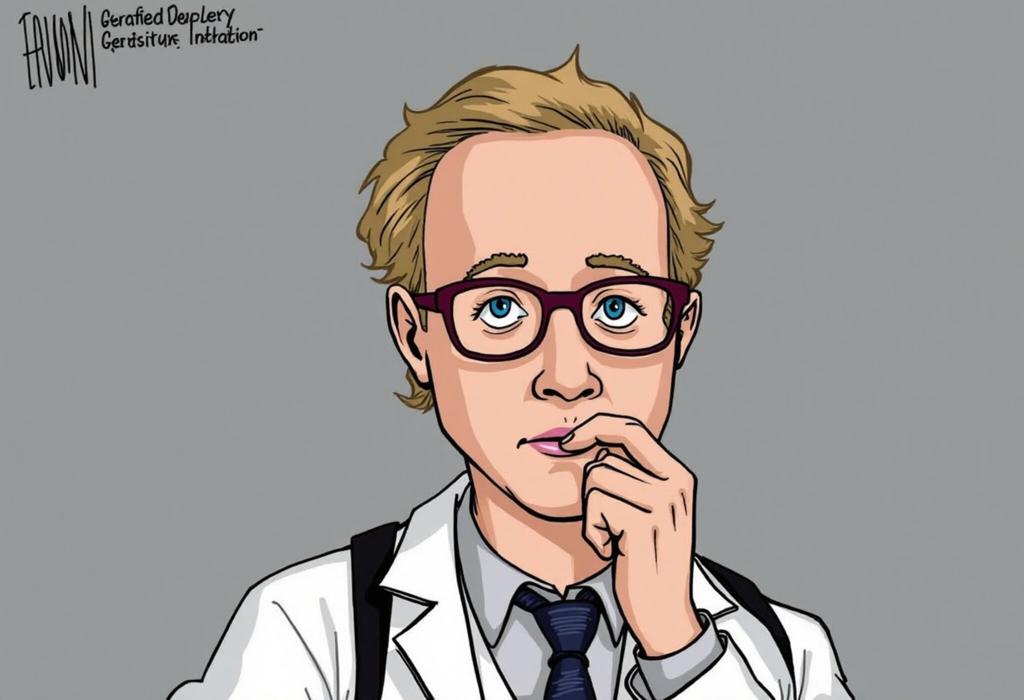The recent cancellation of the "Deaf Scientist Pipeline" grants by the Trump administration has sent shockwaves through the community of deaf and hard-of-hearing students pursuing careers in science. This series of federal grants, crucial for providing resources such as scholarships, mentorship programs, and research stipends, was pivotal in supporting aspiring deaf scientists like Sara Blick-Nitko, a post-doctoral researcher studying cancer treatments.
Blick-Nitko shared her experience of not having any role models in science during her upbringing, which reflects a broader issue within the scientific community. The pipeline had brought hope and opportunities, allowing individuals from underrepresented backgrounds to advance in fields that traditionally lacked diversity, particularly for the deaf community.
As the cancellation of these grants looms, many like 24-year-old Matthew Peeks find themselves grappling with bleak career prospects. Peeks works at the Lexington School for the Deaf but feels uncertain about pursuing a master's degree to become a teacher, having lost the grant support he needed for his education.
Elaine Smolen, co-director at Columbia University's Teachers College, highlighted that although they planned to train just 24 teachers over the next three years, the impact on the deaf education system is far-reaching. The sudden withdrawal of funding raises larger questions about the federal government's commitment to educating and empowering underrepresented groups.
Gerard Buckley, president of the National Technical Institute for the Deaf, expressed his concerns about how these cancellations would affect not just individual careers but public health as a whole, as many deaf scientists are interested in pivotal areas such as HIV prevention and cancer treatment.
The National Institutes of Health, which funded these grants, stated they were aligning funds with administration priorities, a vague explanation that lacks transparency regarding the real-world implications of these decisions for countless students who rely on such programs to succeed.
The ramifications extend beyond individual students, as evidenced by the lawsuit filed by the American Public Health Association, which raises significant concerns about equity in education and research funding. The sentiment echoed by many—"You're not good enough to be here. We don't want you here"—highlights the perceived barriers faced by students from historically marginalized communities, emphasizing the need for systemic change to ensure that promising students have equal access to opportunities.
In conclusion, the discontinuation of these vital educational resources not only hinders personal growth for these individuals but also stifles innovation and diversity in scientific research. It is imperative that advocacy for these programs continues to amplify the urgent need for equitable access to education in the sciences, particularly for those who have historically been sidelined due to their deafness or other underrepresented backgrounds.
AD
AD
AD
AD
Bias Analysis
Bias Score:
75/100
Neutral
Biased
This news has been analyzed from 6 different sources.
Bias Assessment: The article clearly reflects a significant bias towards advocating for the deaf and hard-of-hearing community, criticizing the federal government's actions and emphasizing the negative impact on underrepresented groups. Although it portrays factual information, the emotional framing and focus on personal testimonies create a narrative that leans heavily towards empathy and social justice, potentially alienating readers who may not fully align with this perspective.
Key Questions About This Article




